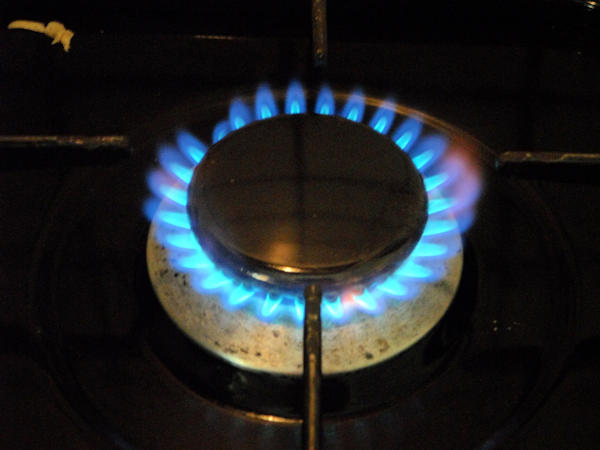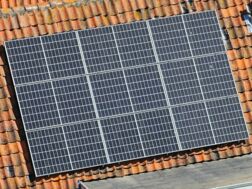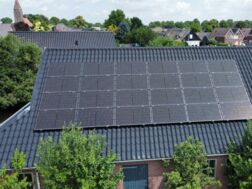Vattenfall leads the way: Return of multi-year energy contracts and falling prices. After a long absence, multi-year energy contracts are back on the market. Major energy suppliers such as Vattenfall, Eneco, and Budget Energie are once again offering three-year agreements. This follows a period when energy companies were reluctant to provide long-term contracts because of the risk of fluctuating energy prices.
Energy companies were reluctant to commit to fixed tariffs for extended periods, mainly because of the energy market's instability following the Ukraine outbreak of war. The fear was that they would be forced to supply energy at prices lower than their purchase prices.
However, energy prices have fallen steadily recently, making year-long fixed contracts possible again. From June, it is even possible to conclude agreements for three years. This also applies to the three most prominent companies in the Netherlands - Eneco, Essent and Vattenfall, which hold about 75% of the market together.
Consumers can use the current low energy prices by locking in a multi-year contract. However, with new rules around the cancellation penalty of fixed price contracts taking effect on 1 June, cancelling an energy contract could become more expensive. In the case of a multi-year contract, this could mean that cancelling your energy contract becomes a significant cost.
However, it is still unclear whether there will be enough gas for the coming winter. It is not inconceivable that energy prices will rise again later this year. Therefore, locking in energy prices now can be an attractive option for consumers who want certainty about their energy costs for the coming years.





